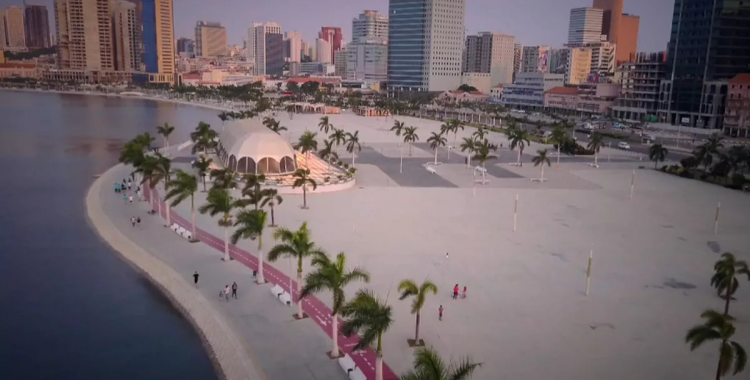In the ADB report on African economic prospects for 2024, presented in Nairobi, it is stated that inflation in Angola is expected to reach a new “peak” of 18.1 percent in 2024, then falling to 12.4 percent in 2024, mainly also due to the devaluation of the national currency in 2023.
In 2022, inflation reached 21.7 percent, having fallen the following year to 13.6 percent and GDP (all wealth produced in the country), which continues to depend on the production and export of oil – 28.9 percent percent of GDP and 95 percent of exports - grew 3.0 percent in 2022, but only 0.9 percent in 2023, recalls the document.
The report, presented during the ADB's annual meetings, which take place in the Kenyan capital until Friday, states that the Angolan Government is managing this “shock” by tightening fiscal policy, as the 2024 Budget “considers the reduction of production and oil prices”, as well as “taking fiscal consolidation measures”, including “reducing fuel subsidies”, thereby “demonstrating greater resilience”.
“After debt repayment of US$18 billion in 2023 and US$14 billion in 2024, the debt repayment profile is expected to decrease in the future, opening up more fiscal space”, recognizes the ADB annual report about Angola.
He adds that the Angolan agricultural sector “grew faster than the economy for four consecutive years” and that several local private sector companies “diversified their portfolio from petroleum services and construction to agro-processing”.
“However, structural transformation must be accelerated and consolidated and several sectors still need to be opened to foreign direct investment”, points out the report.
It also states that the Government “has identified agribusiness and agriculture as the drivers of industrialization and job creation in the next five years” and that “additional support will come from investment in infrastructure, especially through integrated development corridors, such as the Lobito, the first public-private partnership in the country”.
It also highlights that the Government “has a declared policy of taking out long-term loans from multilateral institutions to finance its development expenses”, having “progressively replaced loans guaranteed by more expensive resources” with issuances of long-term debt instruments “ to smooth reimbursement spikes.”
The African Development Bank Group is the main African development financing institution and is meeting in Nairobi until this Friday to debate "The Transformation of Africa, the African Development Bank Group and the Reform of the Global Financial Architecture", foreseeing the presence of 3000 participants, including politicians, government officials, economists and experts from various areas, from all over the world.
These meetings include the 59th Annual Meeting of the Board of Governors of the African Development Bank and the 50th Meeting of the Board of Governors of the African Development Fund, taking place at the Kenyatta International Conference Center in Nairobi.
The ADB Group has 81 Member States, including 53 African countries and 28 countries outside the continent, including Portugal and Brazil.







